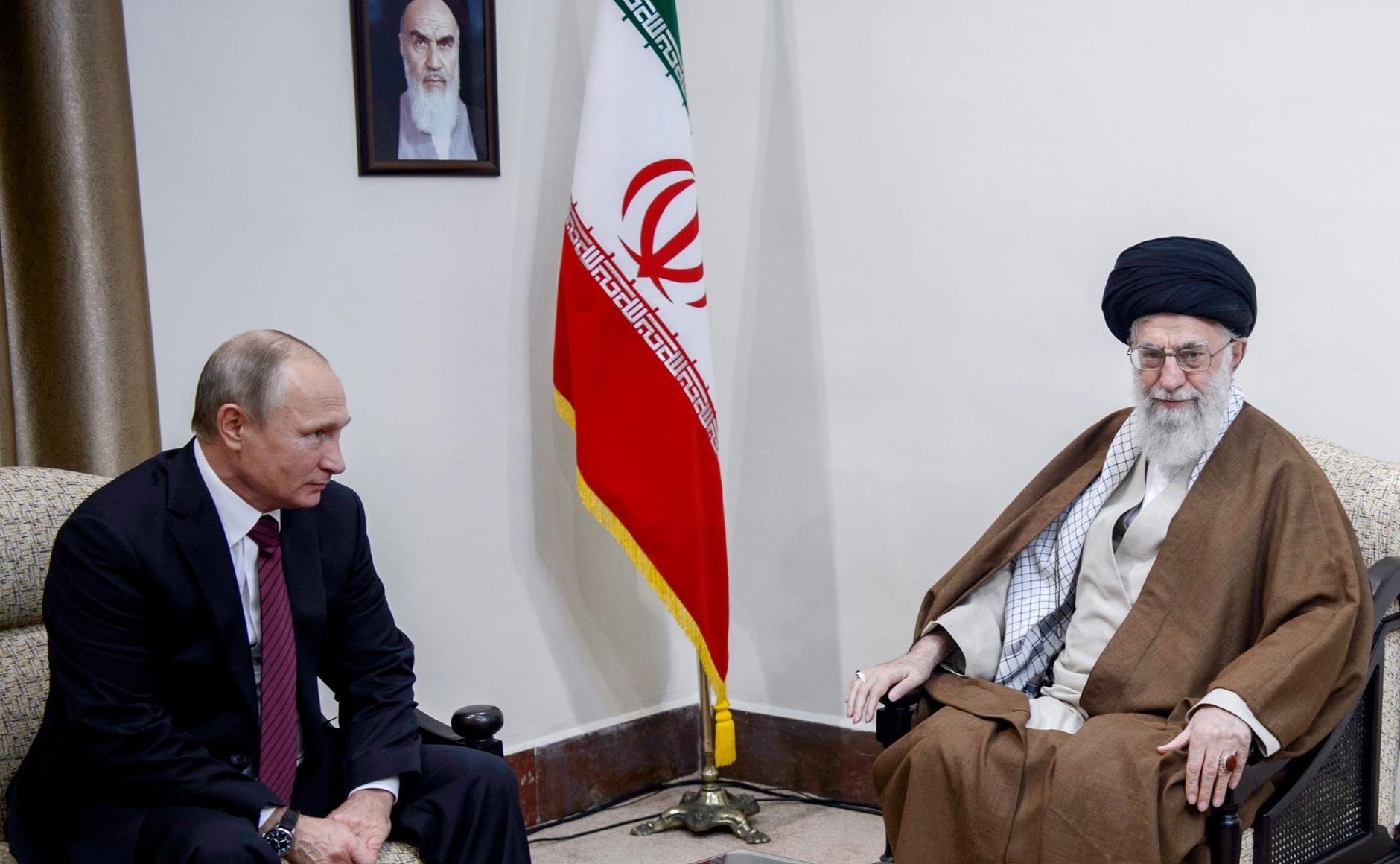
Belarusian Hijacking Creates Both Opportunities and Problems for Moscow
Belarusian Hijacking Creates Both Opportunities and Problems for Moscow
Belarusian President Alyaksandr Lukashenka’s decision to force down an airliner so as to be able to arrest journalist Roman Protasevich—the editor-in-chief of the influential anti-regime Telegram channel NEXTA (see EDM, September 23, 2020 and May 24, 2021)—sparked mixed reactions in Moscow. Those diverging opinions owe to the fact that Belarus’s highly provocative special operation, though almost universally condemned elsewhere, presents the Kremlin with both new opportunities as well as fresh problems. On the one hand, it leaves Minsk more internationally isolated than it has ever been—and thus further dependent on Russia. But on the other hand, Lukashenka’s action uncomfortably echoes certain things Russian President Vladimir Putin himself has done, which makes the Belarusian leader a more problematic ally for Moscow and an even more problematic candidate to lead Belarus into a closer union state with Russia (APN Severo Zapad, May 24). How the Kremlin resolves this contradiction remains to be seen, yet it may well involve an effort to extract Western approval (implicit or explicit) for a Russian move to replace Lukashenka. Such an outcome could give Moscow a double victory by involving the West in a Russian operation as well as by installing someone in Minsk who will prove less skillful than Lukashenka has heretofore been in playing off the two sides to keep himself in power and Belarus independent.
Reaction in the Russian capital to the forcing down of the airliner and the detention of Protasevich was quick but extremely varied. Pro-Kremlin journalists and many members of the State Duma and Federation Council (lower and upper chambers, respectively, of the Russian parliament) were enthusiastic, praising Lukashenka for taking this action (Twitter.com/m_simonyan, May 23; Znak, Ura.ru, May 24). Russian executive branch officials, in contrast, were more restrained after Kremlin spokesman Dmitry Peskov said that this was an issue for those who oversee rules governing international air traffic (Newsru.com, May 24). But then, the spokesperson for the Russian Ministry of Foreign Affairs, Mariya Zakharova, denounced the West for its criticism of Minsk. According to her, Western countries had done comparable things in the past, and she asserted that their criticism of Lukashenka smacks of hypocrisy (Daily Storm, May 24). Foreign Minister Sergei Lavrov notably reaffirmed that position, while urging that the whole issue be treated soberly rather than at an emotional level (Komsomolskaya Pravda, May 24). His words have defined subsequent official reactions but have not quieted discussions in Moscow about what Russia should do next.
Yet what Moscow does or even can do is certain to be affected by the reaction of Russians and Belarusians and of the international community. Many Belarusians and Russians are already pointing out that Lukashenka has not done anything more than Putin has shown himself capable of. And some have argued that there is at least a chance that the Kremlin approved or even funded and directed what the Belarusian leader ordered, meaning that the Russian side should be sanctioned as well (Znak [1] [2], Yezhednevnyy Zhurnal, May 24). Furthermore, such observers note that by backing Lukashenka as much as they have, the Russian authorities have put themselves even more at odds with the rest of the world, thus further weakening Moscow’s ability to reach an agreement with the rest of the international community on what to do about Lukashenka (Russkiy Monitor, May 23; VTimes, May 24).
In Belarus itself, many expect Lukashenka will now feel he is in a position to suppress all opposition even with blood. It is obvious that those who resist his rule wholly reject Minsk’s official claim that the plane had to be brought down after warnings of a bomb aboard (Gordonua.com, Moskovsky Komsomolets, Thinktanks.by, May 24). The opposition led by Sviatlana Tsikhanouskaya is already calling for more sanctions (Dozhd, May 23). Quite possibly, she and others will organize more protests in Belarusian cities in the coming days. At least one Russian commentator appears to think that likely, arguing that with the arrest of Protasevich, Lukashenka has created for himself a Belarusian Alexei Navalny (the imprisoned Russian anti-corruption activist and opposition leader) (Rosbalt, May 24). In that event, what has been a peaceful (and lately dwindling) protest movement could quickly turn into a real revolution, with clashes between the Belarusian people and Lukashenka’s security services, forcing Moscow to consider how to intervene. Such a turn of events would become even more likely if Protasevich were to die in confinement, as some fear is possible (Lenta, May 24).
While international reaction has been extremely critical, the sanctions Western countries have called for or already imposed are highly unlikely to change Lukashenka’s mind (Znak, Rosbalt, May 24). Nevertheless, sanctions are an entirely expected expression of outrage by those who impose them even if and when, as is so often the case, they do not change the position of those against whom they are imposed.
Obviously, this is a fast-moving situation, and all three players in this drama—Belarus, the Russian Federation and the West—are in motion. For now, Lukashenka looks most likely to carry out an even harsher crackdown on his country. Moscow will presumably see that as working in its favor and slow down or entirely pause any steps designed to overthrow him lest it face a Belarusian nation as angry at Russia as it now is at Lukashenka. Meanwhile, the West will surely continue to condemn what has happened and can be expected to impose sanctions; but it will likely not be willing to consciously enter into any Yalta-like agreement with Moscow to “solve” the Lukashenka problem, however much the Kremlin presses for that outcome.
Beyond that, as Fyodor Lukyanov, the editor of the Moscow journal, Russia in Global Politics, notes, the Belarusian leader’s sharply provocative actions have thrown into heightened relief the transformation of the international system—from one in which international norms are observed most of the time into one in which actors who think they can benefit from violating the “rules of the game” will conclude that there is now ever less reason to stay within their limits. That shift did not begin with Lukashenka’s actions, but his forcing the landing of the Ryanair jet in Minsk underscores that the world has become much less predictable and more dangerous it appeared only a few days ago (Profile, May 24).


